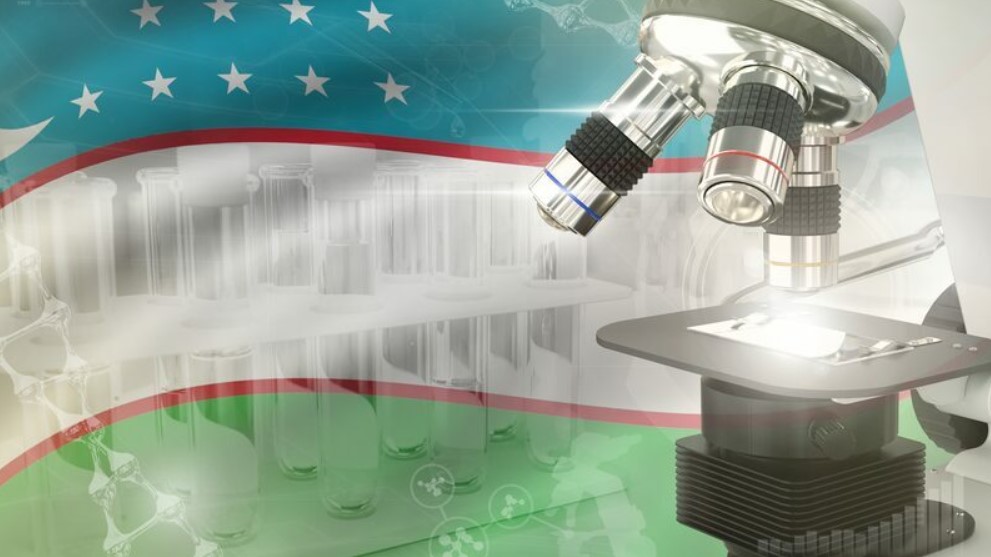Uzbekistan’s WTO accession: how to approach health and education
18.11.2022 1689Traditionally, most countries operated education and health as public services to support development and welfare. Over the past quarter century, however, private operators have stepped in, and trade in both sectors has expanded markedly.
As part of Uzbekistan’s process of accession to the World Trade Organization (WTO), the country’s negotiators attended a workshop on health services on 19 October 2022, and one on educational services on 31 October.
To regulate fair trade in services, WTO Members negotiated the General Agreement on Trade in Services (GATS), which entered into force in 1995. Educational and health services entered GATS negotiations in 2000. So if countries choose to liberalize these services when joining the WTO, they have to adhere to the agreed-upon rules.
As new healthcare providers have emerged in developing countries, more patients are travelling abroad to receive affordable specialized medical treatment, in a trend dubbed “medical tourism”. In GATS speak, this form of trade is called “consumption abroad”, known technically as mode 2.
At the same time, more healthcare workers from developing countries are selling their services in mature markets. Under the GATS this counts as “presence of natural persons”, which is called mode 4. During the pandemic, remote medical services also gained popularity.
Changes in higher and specialized education have also seen trade rising sharply in this sector. For instance, when people study abroad, that falls under mode 2. Distance learning, now vastly easier thanks to technological advances, is treated in GATS as “cross-border supply”, under mode 1. And the spread of satellite campuses counts as trade in services, this time as “commercial presence” under mode 3. Despite all these developments, education remains one of the least liberalized sectors in the WTO.
Looking at trade-offs
The International Trade Centre (ITC) organized the workshops with funding under the European Union project known as “Facilitating the process of Uzbekistan's accession to the WTO.
Two WTO officials provided the training online. The Ministry of Investments and Foreign Trade requested the trainings to fortify the country’s trade services negotiations at the WTO.
Six workshops earlier in the year covered banking and financial services, distribution services, environmental services, telecom services, courier services and audiovisual services.
A central part of the training comprised detailed explanations of how GATS schedules are structured and commitments inscribed. Policies that can hinder trade were also discussed, with examples from WTO peers such as Kazakhstan, Kyrgyz Republic, Russia and Tajikistan.
The workshops also looked at the trade-offs in attempts to attract new service providers, safeguard existing local operators and minimize the risks from liberalization.
Officials from the Ministry of Investments and Foreign Trade attended both workshops. The health services workshop was also attended by representatives of the Ministry of Economic Development and Poverty Reduction, the Ministry of Health, the Sanitary-Epidemiological Welfare and Public Health Service, and the National Chamber of Innovative Healthcare.
The workshop on educational services was attended by representatives of the MIFT along with officials from the Ministry of Higher and Secondary Special Education, the Ministry of Higher Education and the State Inspectorate for Supervision of Quality in Education.
About the project
The ITC is the implementing partner of the European Union’s Facilitating the process of Uzbekistan’s accession to the WTO project. The five-year initiative seeks to support Uzbekistan's development plans to modernize its economy by leveraging its WTO accession process. The overarching objective of the project is to contribute to the country’s economic development.

